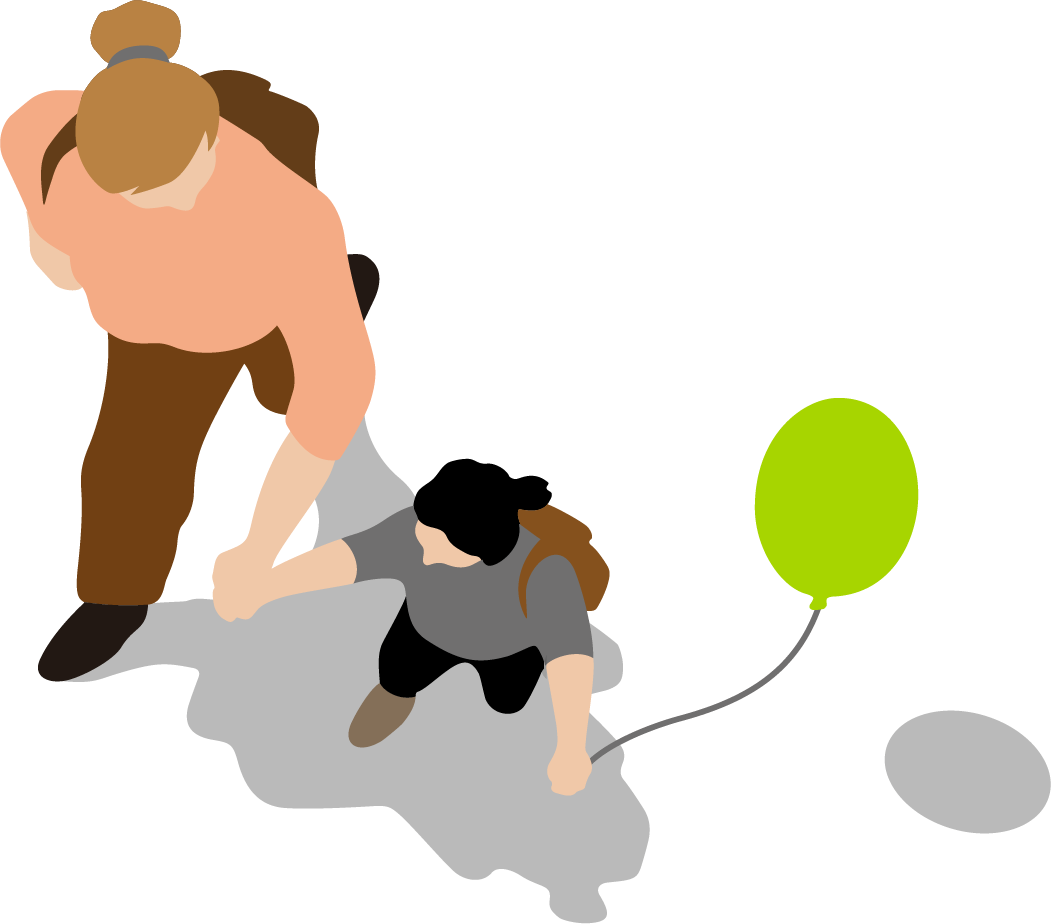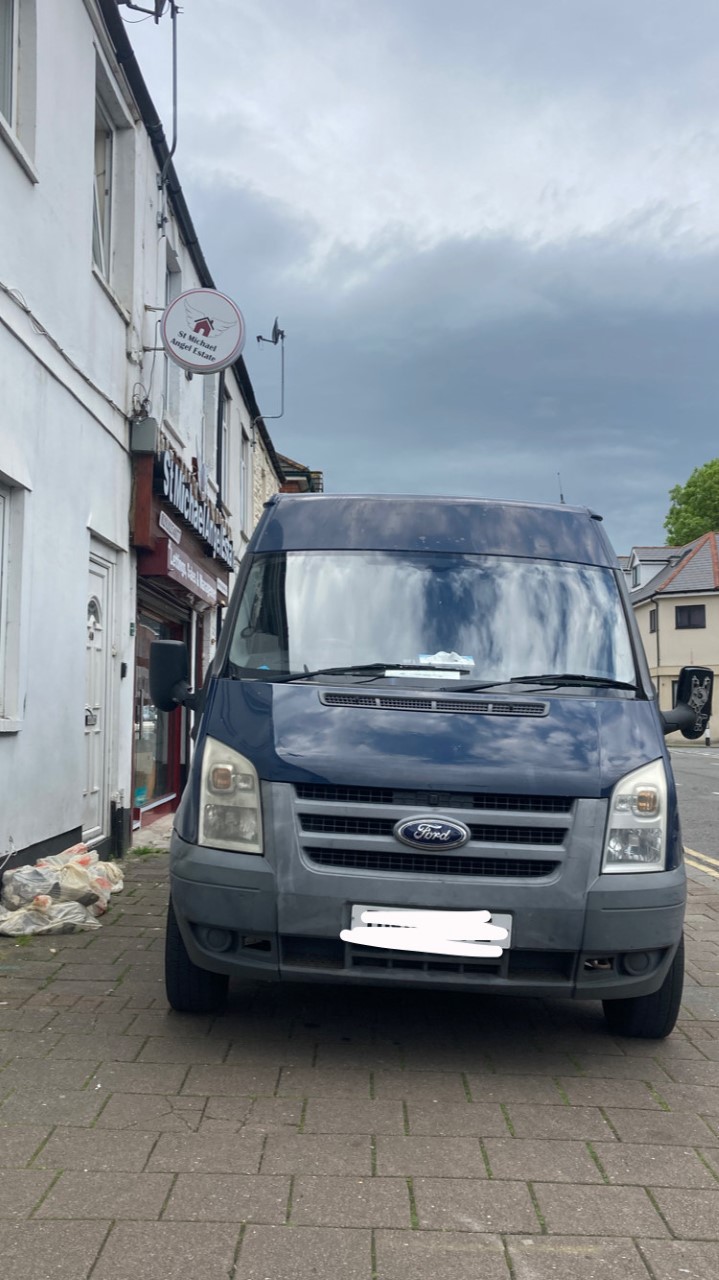‘Now is the time to make some noise' – Juno's story

Juno Sinclair tells us about the impact pavement parking and street clutter has had on them and how they are fighting for change.


Uneven pavements, potholes and blocked or inaccessible dropped kerbs are just some of the things that make getting out and about difficult for people who use wheelchairs, mobility or sight aids – or pushchairs.
22-year-old Juno Sinclair lives in Cardiff where they are studying fine art.
When Juno started suffering from regular fits and seizures, they were unable to leave the house for five months. They now rely heavily on a wheelchair so that they can get around – but it hasn’t been easy.
Uneven pavements, potholes and blocked or inaccessible dropped kerbs are just some of the things that make getting out and out difficult for Juno.
‘The first time I left the house in the wheelchair, my usual 15-minute trip to the shop took 45 minutes,' Juno says.
'When you’re in a wheelchair you can’t see the kerb on the other side of the road.’
Juno has set up an Instagram page highlighting problems faced by wheelchair users because they think that most people don’t see – or consider – those who use mobility aids. The message behind Inaccessible Cardiff is that everyone has value and worth, but it seems that many have forgotten this.
Pavement parking is a particular problem. Obstructive parking affects all pedestrians but not everyone can step into the road to pass. Juno will often have to find an alternative route or return home.
‘I wanted to regain my sense of power and meaning in life,’ Juno says. ‘Now is the time to make some noise.’
Juno is calling for better legislation and education so that people are aware of the reality of life using a wheelchair – and anyone with mobility issues or who use walking aids, guide or assistance dogs or pushchairs.
There is good news though. The Welsh Government is committed to making changes to the law to bring an end to pavement parking and we hope to see further progress on this later this year.
Juno, who is non-binary, has received support from TransAid Cymru and Queer Collection, as well as universities across the UK and the COP26 coalition. With their Instagram page gaining popularity, they have now set up a sister account called Inaccessible Powys.
Accessible pavements allow all pedestrians (including people who use wheelchairs or mobility aids) to travel independently and without risk or worry – and Living Streets Cymru will keep campaigning to make this a reality for everyone.

About the author
Living Streets